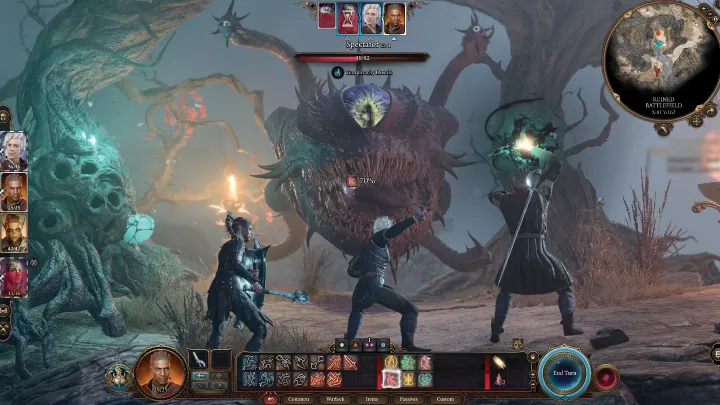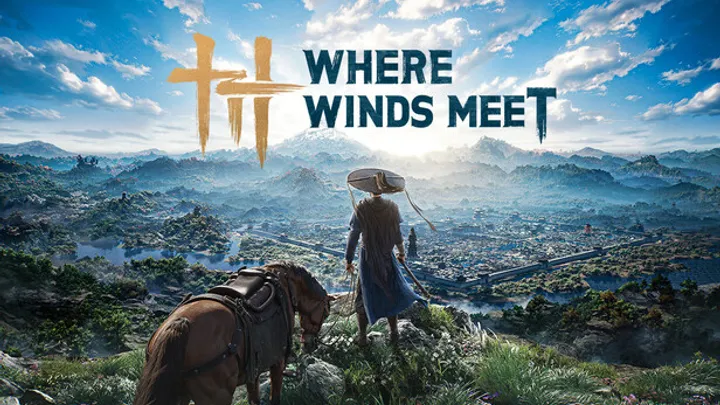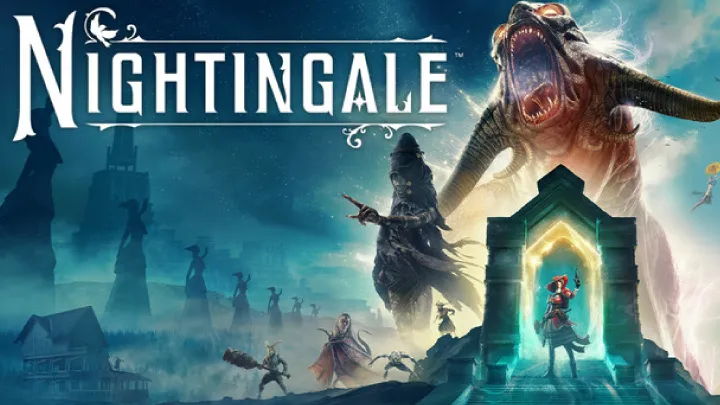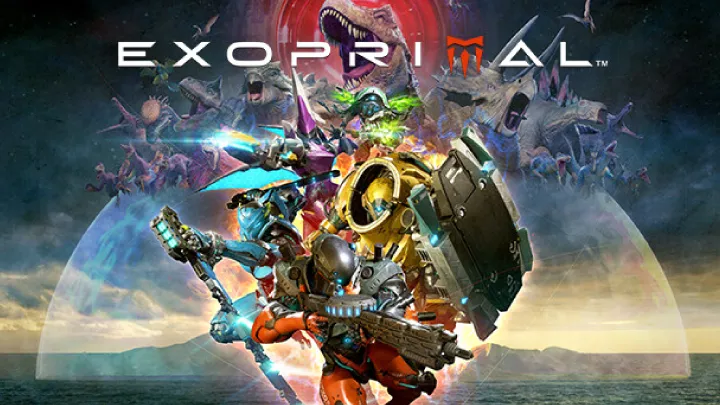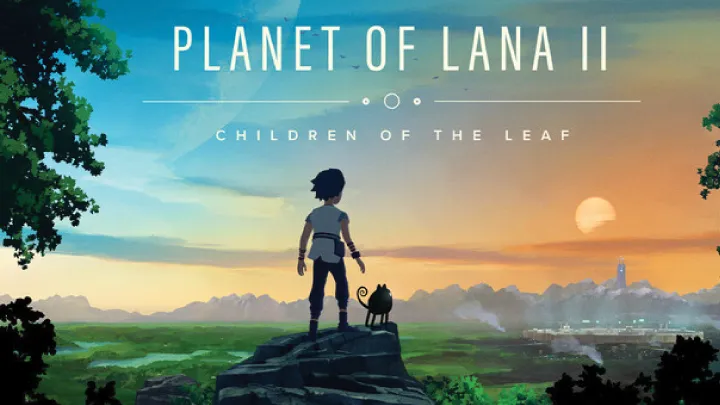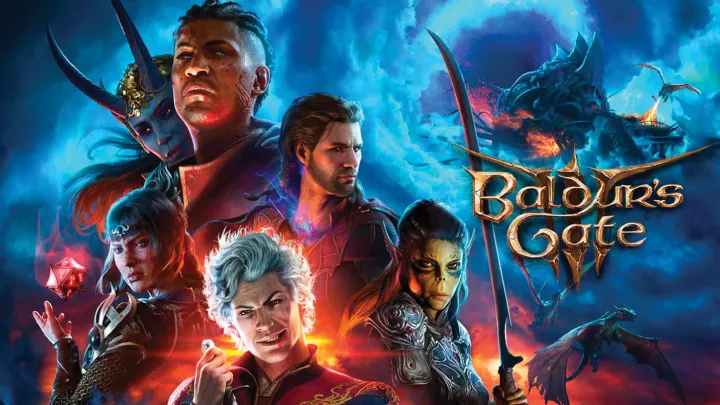
Baldur's Gate 3 has emerged as a remarkable title in the realm of role-playing games (RPGs), not only for its storytelling and aesthetic beauty but also for its intricate moral choices that resonate deeply with players. This article examines a specific issue: the ethical dilemmas surrounding player agency in the game. Through its mechanics, narratives, and character interactions, Baldur's Gate 3 challenges players to navigate complex moral landscapes, forcing them to confront the consequences of their choices.
Understanding Player Agency in RPGs
Player agency is a cornerstone of role-playing games, allowing players to make meaningful choices that shape their experience. In Baldur's Gate 3, agency is elevated through various systems that allow players to influence the world around them.
The Mechanics of Choice
Baldur's Gate 3 utilizes a robust decision-making system that affects the overarching narrative.
- Dialogue Options
- The game presents players with various dialogue choices that can significantly alter relationships with NPCs and the direction of the plot. Each choice offers a glimpse into the character's morality and personal stakes.
- Consequential Decisions
- Unlike traditional RPGs where choices may feel superficial, Baldur's Gate 3’s decisions often lead to profound consequences. For example, siding with a faction can lead to rewards but also moral conflicts, exemplifying the dual nature of choice.
Impact on Narrative Structure
The multilayered narrative structure is influenced by the choices made, creating a unique storytelling experience.
- Dynamic Storylines
- Each playthrough in Baldur's Gate 3 can yield different outcomes based on choices—character fates are intertwined with player decisions, creating a personalized narrative.
- Character Development
- Agency extends beyond plot to affect character growth. The relationships players build are deeply affected by dialogue and actions, shaping characters' arcs in meaningful ways.
Ethical Implications of Power
With agency comes the responsibility of navigating moral quandaries. Baldur's Gate 3 presents various scenarios that force players to confront their ethics.
The Nature of Morality
Baldur's Gate 3 blurs the lines between good and evil, compelling players to question their moral compass.
- Ambiguous Characters
- Many characters in the game possess morally gray motivations. For instance, a seemingly villainous character may present compelling arguments that challenge players’ expectations, prompting them to reconsider their stance.
- Dilemmas and Trade-offs
- Players often face scenarios requiring tough choices, with no clear right or wrong path. Deciding whether to betray an ally for the greater good, for instance, forces players to weigh immediate gains against long-term consequences.
Understanding Consequences
The game emphasizes that actions have repercussions, asserting the weight of player choices.
- Long-Term Effects
- Decisions made early on may propagate throughout the game. Choosing to save a village may lead to unexpected alliances, while neglect might result in dire consequences later.
- Reputation and Faction Dynamics
- Player actions influence how factions perceive them, affecting access to resources and allies. These dynamics add another layer of strategic depth, forcing players to consider the broader implications of their choices.
Relationships: Building Trust and Betrayal
The complexity of relationships in Baldur's Gate 3 amplifies the ethical dilemmas players face.
Building Bonds
Character relationships are integral to the game, with choices affecting trust and camaraderie.
- Intimacy and Connection
- Players can develop intimate relationships with companions, adding emotional stakes to their decisions. Failing to support a character in a critical moment could lead to broken trust, impacting the character's involvement in the game.
- Character Loyalty
- The game’s mechanics promote loyalty through shared experiences. Choosing to save companions during combat or aiding them in dialogues fosters strong bonds, but betraying their trust can have disastrous effects.
The Cost of Betrayal
Conversely, betrayal can yield short-term advantages but long-term complications.
- Temptation of Power
- Players might be tempted to betray allies for power or resources. However, this often leads to regret, with diminished support and heightened antagonism from former allies.
- Moral Fallout
- Characters react to betrayal, creating emotional intricacies that deepen the story. A player may find themselves haunted by a decision that shattered a vital relationship, leading to a less personal experience in future missions.
The Role of NPCs: Morality in Complexity
NPCs in Baldur's Gate 3 play vital roles in showcasing the game’s moral complexities.
Diverse Perspectives
Each NPC embodies different moral beliefs, enriching the game's ethical landscape.
- Complex Characters
- NPCs are crafted with depth and backstories that reflect various philosophies. Interacting with these characters forces players to see the world from multiple perspectives.
- Moral Ambiguities
- Characters like Lae'zel challenge players to reconcile their values with the characters' motives. Should players align with Lae'zel's ruthless pursuit of strength, or advocate for a more compassionate approach?
Consequential Encounters
Encounters with NPCs can lead to profound implications based on player choices.
- Quests and Morality
- Side quests often present ethical dilemmas, offering players the chance to make impactful decisions. For example, choosing whether to aid a group of refugees or pursue a personal vendetta tests players’ principles.
- Reputation Systems
- NPCs remember players' choices, leading to dynamic interactions. Supporting or rejecting an NPC can shape future engagements and alter the narrative direction entirely.
The Fluidity of Ethos: Aligning with Factions
Factions within Baldur's Gate 3 add another layer of moral complexity, presenting players with choices that can drastically change the game’s outcome.
Navigating Faction Politics
Aligning with various factions encourages players to evaluate their ethics and motivations.
- Faction Ideologies
- Each faction embodies different ideals and philosophies. Players must navigate these ideologies carefully, as decisions can alienate potential allies or create powerful enemies.
- Cost-Benefit Analysis
- Choosing to ally with a faction may come with sacrifices, such as choosing sides in conflicts that evoke player loyalty and heighten ethical tension.
The Consequences of Loyalty
Loyalty to a faction can lead to intriguing yet complicated scenarios.
- Changing Dynamics
- Once players choose a faction, they must often confront choices that pit their loyalty against personal values. Following orders may conflict with moral beliefs, creating tension in the narrative.
- Endgame Outcomes
- Player loyalty can shape the endgame significantly. Faction relationships determine the final outcomes of arcs, requiring players to consider how their alignments reflect their ethical positions.
The Psychological Impact of Choice
Baldur's Gate 3 challenges players not just ethically but psychologically, tapping into the deeper layers of their decision-making.
Emotional Weight of Choices
Players often feel the psychological impact of their decisions throughout the game.
- Moral Reflection
- The game prompts players to reflect on their moral beliefs as they confront difficult scenarios. Each choice becomes a moment for personal introspection about their ethics and values.
- Empathy and Consequences
- Witnessing the consequences of one’s decisions, especially on NPCs and companions, can evoke strong emotional responses, reinforcing the psychological stakes of player agency.
Cognitive Dissonance
Players face cognitive dissonance when their actions clash with their beliefs.
- Conflicting Values
- Engaging in morally ambiguous scenarios may leave players questioning their decisions. For instance, a player may struggle with the decision to harm a character they’ve built rapport with, leading to internal conflict.
- Informed Choices
- The game encourages players to think critically about their decisions. Each encounter presents an opportunity to reassess what it means to be a hero, villain, or something in-between, reinforcing the importance of player agency.
The Legacy of Choices in Baldur’s Gate 3
The legacy left by player choices in Baldur's Gate 3 underscores the game's focus on ethics and narrative depth.
Long-Term Character Arcs
The narrative built by player choices continues beyond individual quests, leaving lasting impacts throughout the game.
- Character Development Repercussions
- Allies and enemies often react in impactful ways based on past choices, establishing a legacy that players carry through the game. Such choices affect character arcs, loyalty, and the overarching narrative.
Endgame Scenarios
As players approach the endgame, lasting effects come to fruition, reflecting the moral weight of their choices.
- Culmination of Decisions
- The culmination of choices influences not just the immediate outcomes but also themes of redemption, consequence, and justice. Players see the full impact of their actions manifested in dramatic final scenarios.
- Sense of Conclusion
- The profound sense of closure tied to choices enhances the overall experience, leaving players feeling as though their ethical decisions truly mattered, completing their unique stories.
Conclusion: The Moral Fabric of Baldur’s Gate 3
Baldur's Gate 3 masterfully intertwines player agency with ethical dilemmas, creating a rich tapestry of narrative depth. The decisions undertaken within the game go beyond mere actions; they represent moral choices that resonate with players long after their playthrough ends. Through complex characters, intricate relationships, and challenging scenarios, the game encourages players to reflect on their beliefs and values. By navigating the moral landscapes of Baldur's Gate 3, players not only engage in a captivating story but also embark on a journey of self-discovery and ethical exploration.